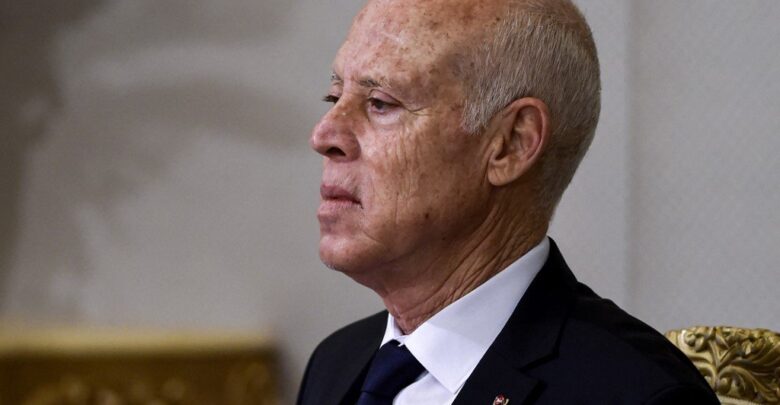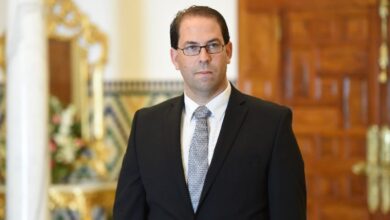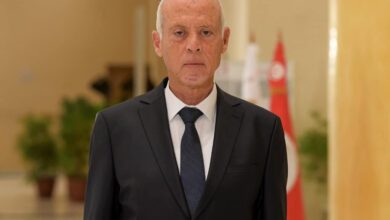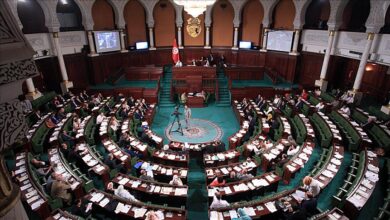Tunisia
Tunisian President Kais Saied Extends State Of Emergency Until End Of 2023

Tunisian President Kais Saied on Tuesday announced an extension of the state of emergency imposed across the country until the end of 2023, reported The CGTN Africa.
“The state of emergency in the entire territory will be extended from Tuesday to December 31, 2023, “read the Journal of the Republic of Tunisia, an official biweekly gazette.
The Tunisian emergency law gives exceptional powers to the authorities including imposing curfews, carrying out home arrests, banning official meetings, monitoring and regulating press and media, prohibiting assemblies, and media censorship without permission from the judiciary.
The state of emergency was first declared in Tunisia on November 24, 2015, after a bomb attack on a bus carrying presidential guards.
The extension follows a second round of parliamentary elections on Sunday that saw a mere 11.3% of voter turnout. The country’s main opposition parties, which boycotted the election, called Saied to resign after the extremely low voting turnout, saying early parliamentary and presidential elections were the only route out of the crisis.
Saied rejected all the accusations, calling his critics traitors.
“90 percent did not vote. … This confirms that Tunisians no longer trust this institution. … During the past decade, Parliament has been an institution of absurdity and a state within the state,” Saied said.
During a meeting with Prime Minister Najla Bouden, the Tunisian president said his government’s popularity is greater than the previous governments.
Saied suspended the country’s parliament and dismissed the government in 2021. He began ruling the country by decree, a move the opposition called a coup.
Over the past decade, the Tunisian parliament has been powerful and has had the power to appoint and dismiss governments. But, the newly configured parliament will have much lesser powers as part of a political system Saied introduced last year. The new one elected on Sunday will give the president the power to form and dismiss the governments.





